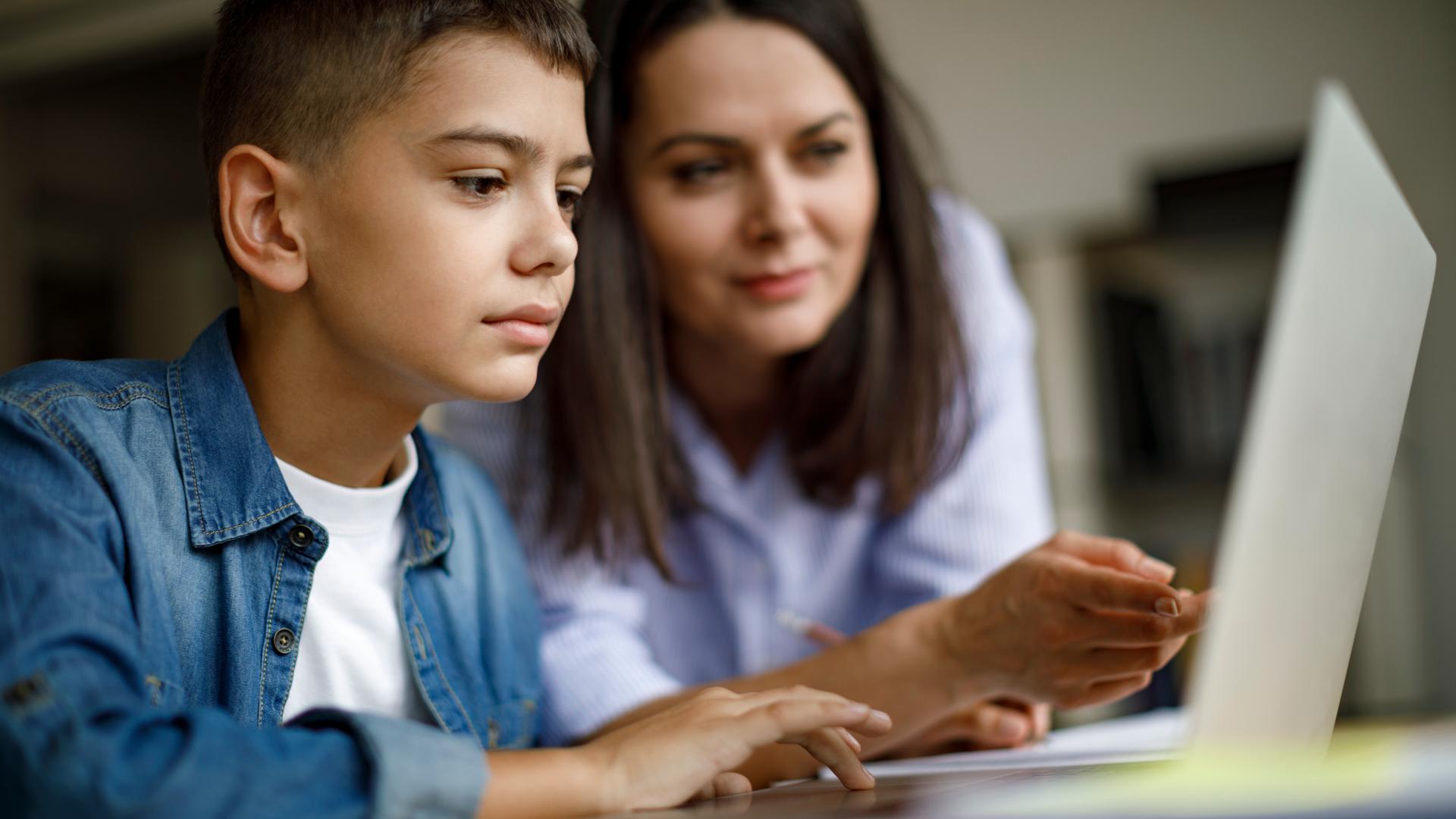Istanbul Gonulluleri (Istanbul Volunteers) is an NGO working with the city’s municipality. Their aim is to make Turkey’s biggest metropolis a better place, with eight commissions working under an umbrella organisation: Health; Education; Environment and Traffic; Youth; Culture, Arts and Tourism; Women, Children and Family; Animal Rights; and Natural Disasters.
Their newest campaign is to bring together many varieties of computers that are unused, with families who may need them for their children’s remote education.
Contrary to popular belief, the nonprofit’s communications officer, Sibel Ucar, clarifies that her organisation is neither “a foundation nor an association.”
As many home workers and businesses renewed their computers during the coronavirus pandemic, she said Istanbul Volunteers thought they could put the discarded technology to good use.
The pilot campaign began in April, when schools closed in Turkey due to the virus, and the organisation put out a call to its members to collect unused hardware. It went on until June.
With the start of the new school year, and schooling still being handled remotely in Turkey as a precaution, Istanbul Volunteers sent out another, more inclusive call.
Their goal is to collect and distribute 3,000 unused computers, tablets and screens. They have so far matched about 200 computers with their new owners.
Ucar says they ask previous owners to erase all data from the devices before donating. After a general check to ensure they are functioning at full capacity, along with any minor repairs being performed if necessary, they are handed over to their new owners.
“When we ran this campaign in April,” Ucar reminisces, “we were hampered by the curfews and the lockdown. Now we can move about more freely, and we have grown our target. I hope we can meet, and hopefully exceed, it.”
According to a UNICEF education dashboard, the total number of children affected by school closures worldwide as of September 9, 2020 at the pre-primary level is 60,951,040, at the primary level 399,809,900, at the lower secondary 172,577,691, and at the upper secondary stage, 140,135,681.
For Turkey, the numbers are 1,326,123 at the pre-primary level, 4,972,430 at the primary, 5,554,415 at the lower secondary level, and 5,849,970 at the upper secondary stage. That means more than 17 million Turkish school children have to somehow gain access to education without being physically present at school.
Turkey supplements its online education platforms with television programmes and take-home packages, as mentioned by UNICEF: “Even with initiatives to increase access in the short-term, digital channels are not enough to reach all children, especially the most disadvantaged ... To expand their reach, 68% countries are utilising some combination of digital and non-digital (TV, Radio, and take-home packages) in their education responses.”
In an article published in April this year for UNICEF, authors Jason Miks and John McIlwaine write: “The numbers are unprecedented, the implications enormous. As the COVID-19 pandemic has spread across the globe, a majority of countries have announced the temporary closure of schools, impacting more than 91 percent of students worldwide – around 1.6 billion children and young people.
Never before have so many children been out of school at the same time, disrupting learning and upending lives, especially the most vulnerable and marginalised.”
They go on to give examples of some of the ways UNICEF is “working with partners to keep schools safe and students learning, in classrooms or at home, online and offline – wherever they are.”
While remote learning remains a difficult undertaking for educators, students and their parents - who are often trying to make a living whether at home or outside the home - the actions of a few dedicated volunteers can make a difference in the lives of some lucky families.










Discussion about this post